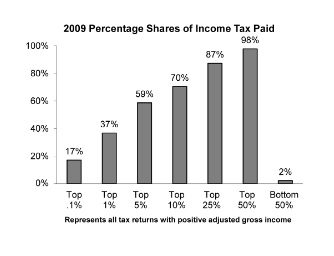Bloomberg – North America to Drown in Oil as Mexico Ends Monopoly
Potentially another game changer for world-wide energy – – the Mexican legislature has changed national law to allow foreign investors to own oil reserves. This will draw the major oil companies with their talent, equipment, funding, and infrastructure. Speculation is oil production from Mexico could double in a decade.
Still some major obstacles, but the potential is huge. The Mexican government and her people could benefit tremendously. I really hope they handle this well, for their good and the good of everyone who uses energy.
Newsday – Remember the energy crisis? Fracking fixed it.
Notice that the constant stories of the “energy crisis” isn’t in the news anymore. If you were around in the ‘70s you remember long lines to buy gas on your assigned even or odd day. Crisis stories continued for years, through the entire Carter administration and beyond.
Continue reading “3 background articles on the energy revolution – – Energy boom may expand into Mexico, What energy crisis?, and Bakken in graphs”
